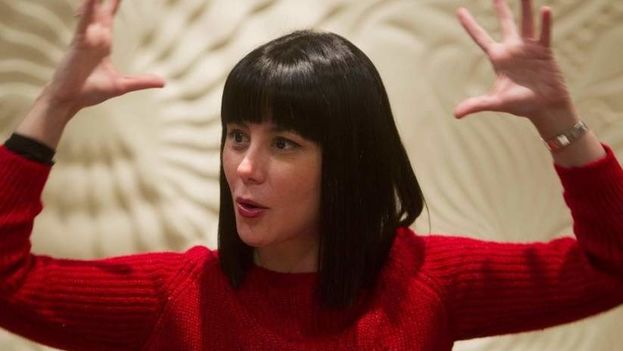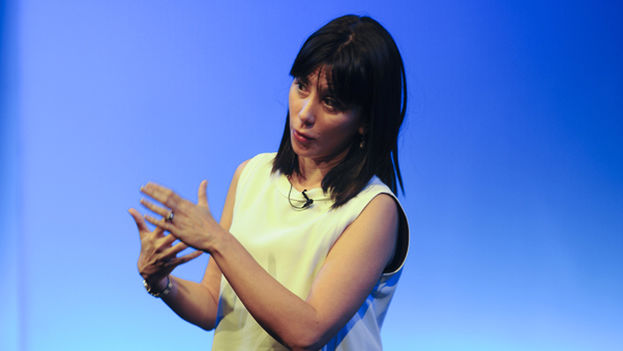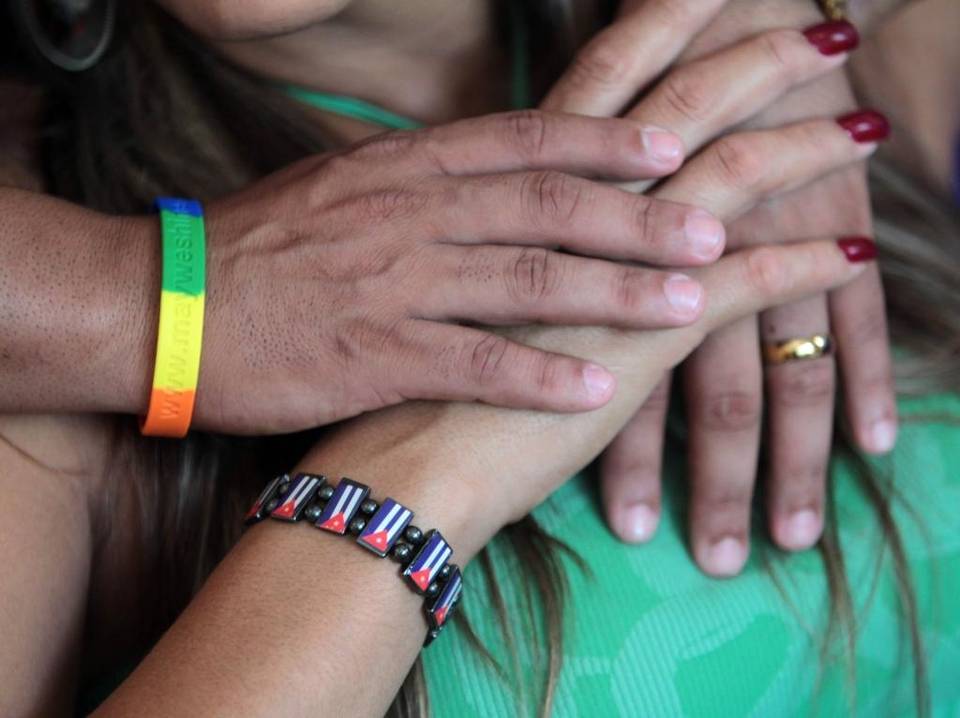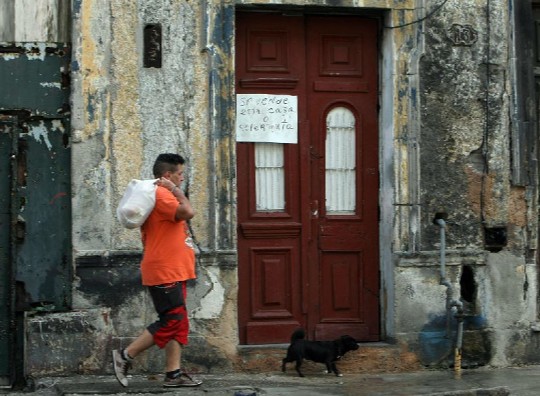Wendy Guerra, Havana, 9 January 2016 (from El Nuevo Herald) – It wasn’t hard to know the number of my friends who, during their childhoods, remained with their parents in special situations, parents who needed to hide who they were to survive in a country that, based on accusations, ceased to be one, but turned itself into a province.
Everything seemed normal but it wasn’t. Any sharp little girl could detect that many of her friends lived in a particular situation. Several of their parents were married, yes, trapped in the same cage, but each one was looking elsewhere. continue reading
Sometimes returning from late night meetings with my mother, and crossing the dark park, I saw several of those parents succumb into the arms of other men waiting there in the night. I am speaking of the free zone of lust that Reinaldo Arenas masterfully refers to.
They were the same parents but immersed in the secret intoxication of their desire.
Some mothers also were not spared such a fate and, in love with those who were forbidden, decided to postpone their love life and occupy a house, a chair, a job, a vocation, while love happened in their head. Many of my friends’ mothers had that special someone who saved them from the vacuum (their best friend), but fear prevented them from taking the leap. They grew old without living their real life.
I remember the atmosphere of some of these homes, small marble tables with art nouveau lamps, paintings of Servando Cabrera Moreno, silver ashtrays, linen tablecloths, framed pearl fans, collections of samovars, stuffed birds and butterflies, reproductions of San Sebastián wounded and suffering, and a piano lost in the corner where someone drowned his mannerisms or let them flow to abandon. The CMBF station, National Musical Radio, played all day, and this opera competed day and night with the reality trying to sneak in through the window.
What ghosts held them prisoner? I can mention two of the most terrible and most complex experiences, but there were many laws of “parametración” and Revolutionary Offensives that embroidered the universe of inventions for repression.
The UMAP
Three of the parents of my classmates had survived the UMAP forced labor camps. But survive does not mean recover, survive does not mean forget. Paying for possessing a certain intellectual affectation, long hair, or the need to love someone of the same sex.
Nor could they get a permit to leave the country, so they chose to marry and so pretend that their sexual preferences had changed.
A little later, about 1985, came the experience of confinement for having AIDS. Total imprisonment in “Los Cocos” sanatorium on the outskirts of Havana.
Again they knock on your door and again you drag you from your home without your consent. An ambulance, a police deployment. Nurses, paramedics. You’re no longer your own master. How did they manage to track you down?
You are entered on a list of the infected, maybe you show up in a phonebook of the infected. So it was with some of my friends’ parents. Not all, but many lived in fear. Fear of a cure of body and soul.
What were the consequences?
I belong to the generation born in 1970, such that when you try to be happy it still calls to mind that almost genetic fear. I’m of that generation that broke with everything, and there’s the answer to those who ask why do so many homosexuals surface, so many young bisexuals showing their love openly in the streets, clearly saying enough is enough.
Those born after 1980 have no more reference than their need to be happy, very few of them need to come out of the closet because they were born already out of it.
Last November marked the 50th anniversary of the founding of the shameful UMAP. Of course this is not spoken of in the official internal debates. It was also the 30th anniversary of the forced detention of hundreds of people, gay or not, infected or not, because of the arrival of the first case of AIDS on the island.
The few who dare to say they officially participated as managers of these programs say they were designed in the name of national security.
Poor the country that prevents the love of its citizens as a form of defense.
Pity the country that believes that separating homosexuals, heterosexuals or human beings who need devotion as a form of relating that will make them free, make them sovereign, make them revolutionize anything.
The best way to restore and free our souls from these terrible events that castrated us forever is being who we are.
Accepting ourselves, naming the wounds, saying what hurts us to then heal us.

![]() 14ymedio, Havana, 28 September 2016 – Cuban writer Wendy Guerra has been named an officer of the Order of Arts and Letters by France’s Ministry of Culture. The recognition in one level higher than the Order’s knighthood, which she was awarded in 2010.
14ymedio, Havana, 28 September 2016 – Cuban writer Wendy Guerra has been named an officer of the Order of Arts and Letters by France’s Ministry of Culture. The recognition in one level higher than the Order’s knighthood, which she was awarded in 2010.



